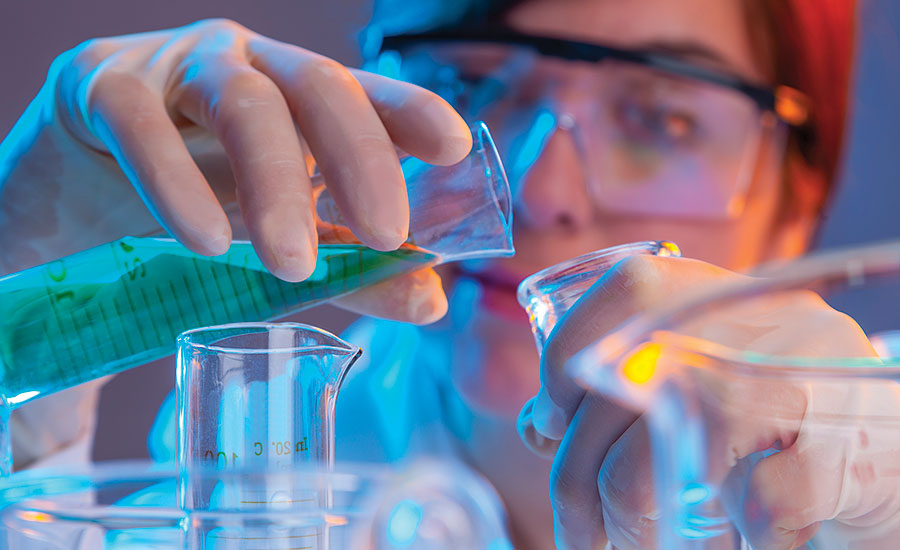

This CDGA training course will feature:
By the end of this CDGA training course, participants will be able to:
This training course is suitable for a wide range of professionals involved in Quality Assurance (QA) in analytical laboratories, but will greatly benefit:
This training course will combine presentations with instructor-guided interactive discussions between participants relating to their individual interests. Practical exercises, video material and case studies aiming at stimulating these discussions and providing maximum benefit to the participants will support the formal presentation sessions. Above all, the course leader will make extensive use of case examples and case studies of issues in which he has been personally involved.
Organisational Impact
Here are additional benefits per the Standards compliance for your organization:
Personal Impact
ISO 17025 will help drive individual development of systematic processes that consider the broader context, taking into account the risks, opportunities, legal requirements and more, which will help to embed lab safety and compliance firmly to improve OH&S performance.
Employees will take an active role in 17025 compliance helping to reduce lost time due to accidents or ill health – creating a better working environment for your lab personnel and reducing costs and downtime in the process.
Day One: Introduction to ISO 17025 Requirements
Day Two: Service to the Customer & Internal Audits as a Tool for Quality Assurance
Day Three: Technical Requirements – Personnel and Test Method Development
Day Four: Technical Requirements – Equipment and Quality Assurance
Day Five: Technical requirements – Test reports, Implementation of LIMS & Accreditation Requirements
CDGA attendance certificate will be issued to all attendees completing minimum of 75% of the total course duration.
| Code | Date | Venue | Fees | Register |
|---|---|---|---|---|
| AUD130-01 | 29-03-2026 | Dubai | USD 5450 | |
| AUD130-02 | 22-06-2026 | Kuala-Lumpur | USD 5950 | |
| AUD130-03 | 20-09-2026 | Muscat | USD 5450 | |
| AUD130-04 | 20-12-2026 | Riyadh | USD 5450 |
Providing services with a high quality that are satisfying the requirements
Appling the specifications and legalizations to ensure the quality of service.
Best utilization of resources for continually improving the business activities.
CDGA keen to selects highly technical instructors based on professional field experience
Since CDGA was established, it considered a training partner for world class oil & gas institution
3012, Block 3, 30 Euro Business Park, Little Island, Co. Cork, T45 V220, Ireland
Mon to Fri 09:00 AM to 06:00 PM
Contact Us anytime!
Request Info